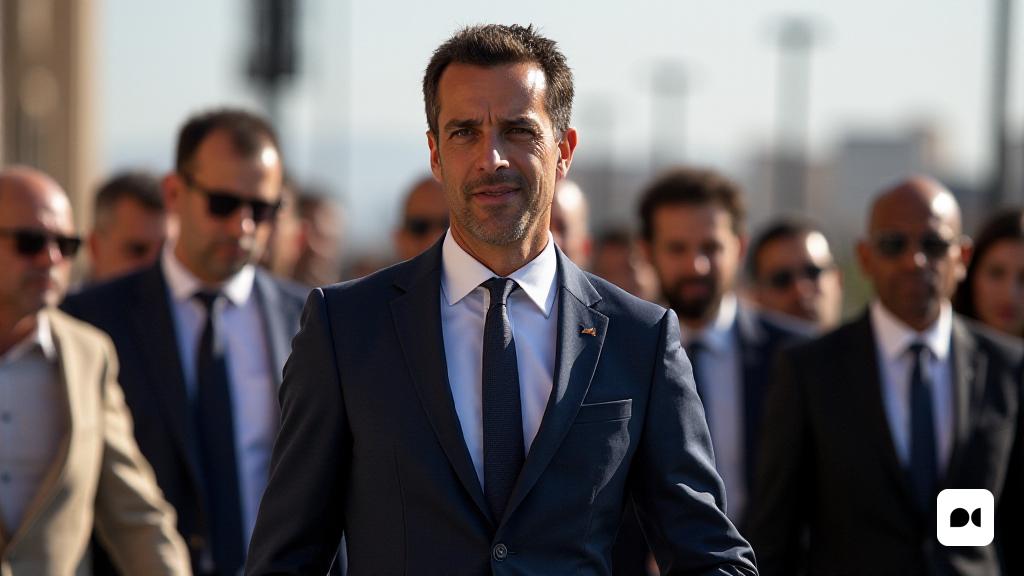A Complex Migratory Context
The imminent tour of the Spanish president, Pedro Sánchez, to Africa coincides with a crucial moment in the migration issue. Criticism from the opposition is being heard with force as the arrivals of illegal immigrants do not stop, especially on the coasts of the Canary Islands. This situation, which has been worsening in recent months, is accompanied by a constant trickle of people arriving in Ceuta, the autonomous city that is located on the border with Morocco.
Alarming Facts about Immigration
According to statistics from the Ministry of the Interior, from January to August 2024, Spain has registered 31,155 irregular immigrants, an increase of 66.2% compared to the previous year. This figure, which indicates a notable increase, is mainly concentrated in the Canary Islands and Ceuta, where local authorities express their concern about the lack of resources and support from the central government.
Pressure in the Canary Islands and Ceuta
The president of the Canary Islands, Fernando Clavijo, has expressed his frustration at the lack of action in the face of the migration crisis, demanding that the Spanish government act with more determination. With more than 6,000 unaccompanied minors in reception centers, the situation is unsustainable. The latest data reveal an alarming increase of 126.1% in the arrivals of irregular immigrants in the Canary Islands, with 22,304 migrants registered until mid-August.
The Impact of Migration Policy
The Spanish government’s response includes a commitment of 50 million euros for the Canary Islands and the reform of the Aliens Act, which seeks to redistribute the burden of immigrant minors among the different autonomous communities. However, these efforts have been criticized as insufficient by local authorities, who insist that the European Union must play a more active role in managing the crisis.
Ceuta and the Reality of the Border
The city of Ceuta is in an emergency situation, with a 143% increase in immigrant arrivals by land. The impact of this situation is evident in the reception capacity of the city, which continues to struggle to manage the migratory pressure that has been affecting it for more than a year.
The Challenges of the African Tour
Sánchez’s visit to Mauritania, Gambia and Senegal seeks to address the roots of the migration problem. The Sahel, considered Europe’s first frontier, requires a coordinated approach and a more robust migration policy to face the challenges it presents. The actions of Frontex, the European border guard agency, are vital, but their effectiveness has been questioned by the management of the migration crisis.
Immigration Law Reform: A Controversial Issue
The proposed reform of the Aliens Act has encountered resistance from both the PP and Vox, as well as Junts, complicating the political consensus necessary for an effective solution. This reform aims to establish a referral protocol that serves the interests of minors and allows for a more agile response to crisis situations.
Final Reflections on Immigration and Politics
The migration situation in Spain is a reflection of wider problems that require global solutions. While Sánchez travels to Africa in the hope of finding alliances, the reality on Spanish shores continues to be a test for his administration. The need for a humanitarian and coordinated approach is more urgent than ever, not only for border security, but also for the dignity of people seeking a better life.

